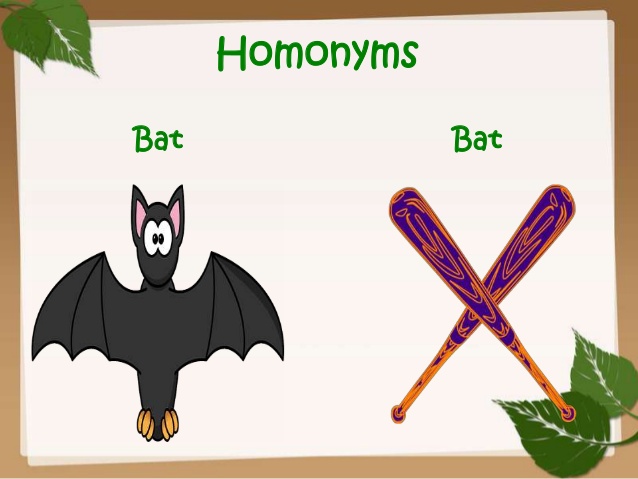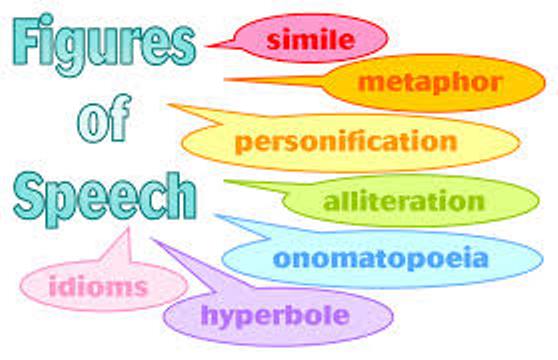This Article Will Change How You Use the Prepositions IN, IN TO and INTO
The preposition in generally refers to being inside something: Adam stood alone in the elevator. While the preposition into generally means movement toward the inside of something: Adam walked into the elevator. But sometimes the meanings of in and into sometimes overlap. Examples: After waiting in the hallway for twenty minutes, I finally stepped into […]
This Article Will Change How You Use the Prepositions IN, IN TO and INTO Read More »






